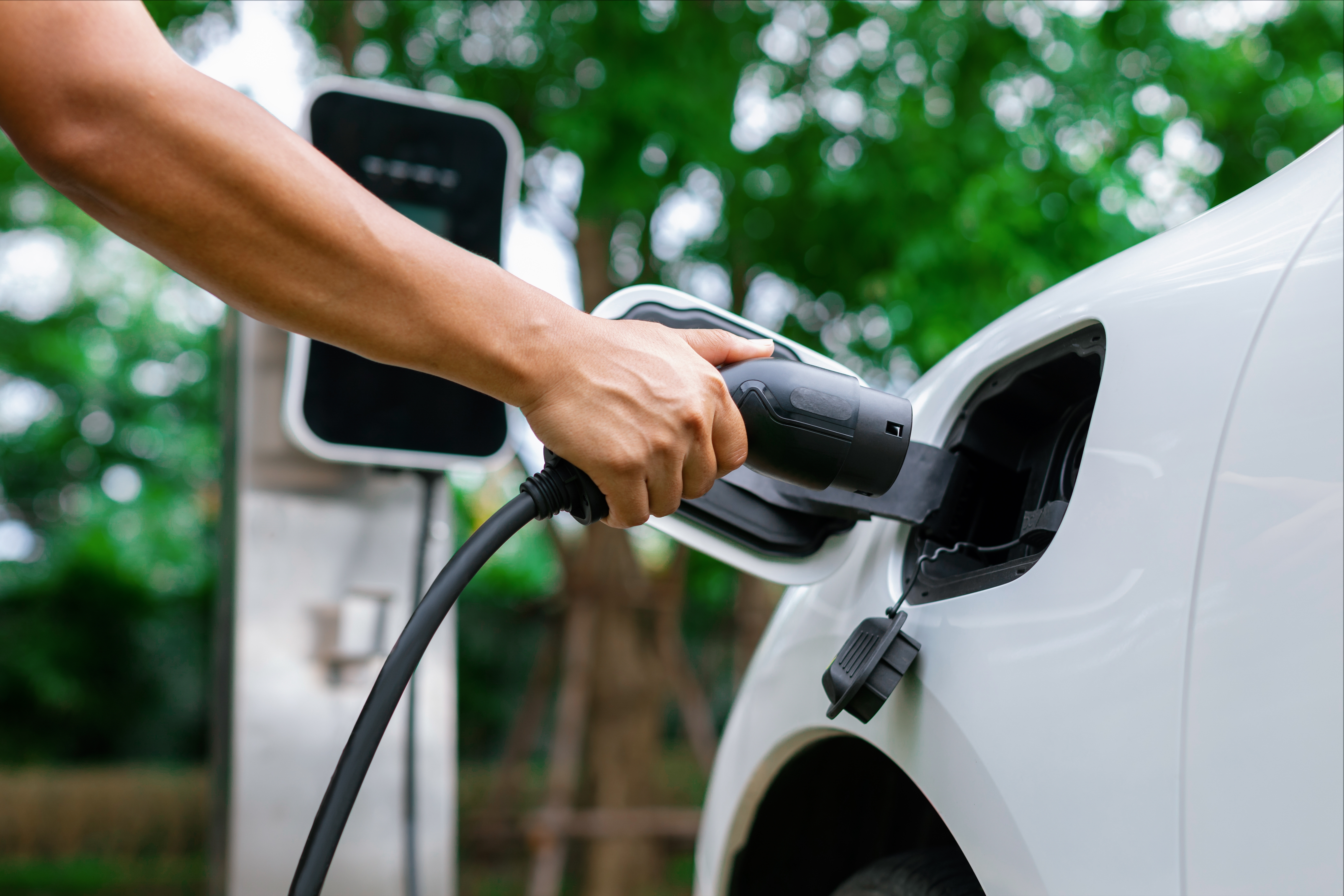In a recent development that underscores the complexities of transitioning to electric vehicles (EVs), some of the world's leading car manufacturers have reportedly engaged in efforts to influence the UK government's strategies for accelerating electric car sales and reducing carbon emissions. This information comes from documents obtained and shared with The Guardian by Tom Riley, author of the Fast Charge industry newsletter.
Major automotive players like Toyota, Jaguar Land Rover (JLR), and Nissan are said to have sought delays in the enforcement of the Zero-Emission Vehicle (ZEV) mandate. This mandate requires carmakers to sell a growing proportion of electric vehicles or face substantial fines. The lobbying efforts were revealed in the companies' responses to a government consultation on the matter, which were shared with The Guardian.
However, this stance wasn't uniform across the industry. Volkswagen, Ford, and Tesla, for example, advocated for a more stringent ZEV mandate. Their position suggests a divide in the industry's readiness and approach to the shift towards electric vehicles.
In September, UK Prime Minister Rishi Sunak postponed a ban on the sale of petrol and diesel cars from 2030 to 2035. Despite this delay in a key green policy, the government maintained its plans for the ZEV mandate, which dictates that 22% of new cars sold in 2024 must be zero-emission, escalating to 80% by 2030.
The responses from carmakers to the new rules were heavily redacted at their request, yet they still reveal significant insights. The arguments against the mandate highlight the differing paces at which manufacturers are moving towards electric vehicles and the concern in some industry sectors about falling behind due to slower transitions.
Some carmakers, including Japan's Toyota, argued that the rules were introduced too late for them to alter production plans sufficiently to boost electric vehicle sales. Toyota, the world's top car seller in 2022 but slower in adopting electric technology, expressed serious concerns about the UK targets, fearing financial and brand repercussions. JLR, with several UK factories and only now launching its second electric car, a Range Rover, after the I-Pace, echoed these concerns, doubting the feasibility of early targets.
In response to this lobbying, the UK government introduced "flexibility" in the final rules. This includes provisions allowing carmakers to compensate for missed targets in one year with higher sales in others. Additionally, manufacturers producing fewer than 2,500 cars annually are exempt from the rules until 2030. This concession was significant for British sports car makers like Aston Martin Lagonda and McLaren, who argued against the feasibility of meeting the targets.
On the other end of the spectrum, companies like Ford and Tesla, as well as Germany's Volkswagen, supported the mandate. Tesla, for example, argued that the rules were not stringent enough to foster more than organic market evolution, suggesting that today's challenging targets might soon be surpassed. Ford expressed confidence in many manufacturers' ability to meet the suggested trajectory, ensuring that those lagging would accelerate their development.
Riley, who obtained the documents under freedom of information laws, highlighted the dichotomy in carmakers' public enthusiasm for EV transition and their private reservations about the proposed trajectories. He noted that the implications of these differing stances would become clearer as the ZEV mandate begins to take effect from January.
When approached for comment, Toyota reiterated its support for the ZEV mandate and its flexibility, while a Stellantis spokesperson suggested pushing the mandate's enforcement to 2025. An Aston Martin spokesperson outlined their plan for an electrified lineup and the specific challenges faced by smaller manufacturers, affirming their commitment to comply with the government's regulations.




